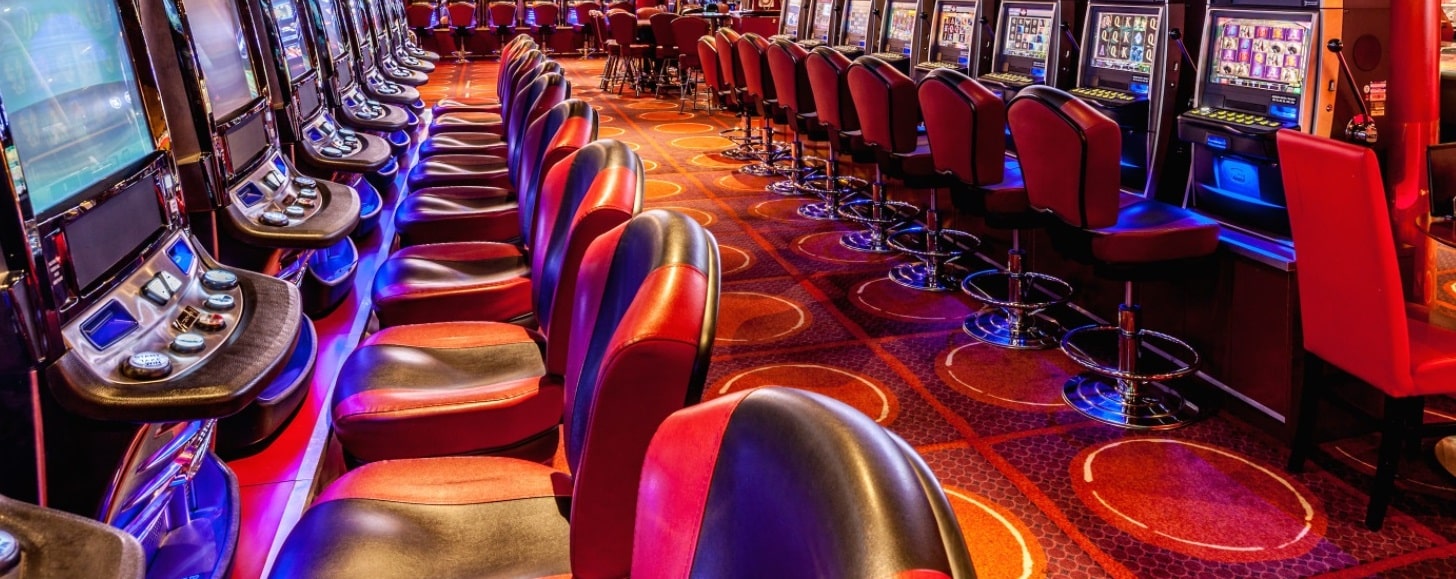
Gambling games have long captured the interest of humans around the world, becoming an integral part of both leisure and tradition. From the sparkling lights of the Vegas Strip to the captivating experience of internet gambling, these activities evoke enthusiasm, uncertainty, and sometimes even a sense of remembrance. They are more than just pastimes; they have woven themselves into the fabric of human experience, influencing various aspects from movies and music to fashion and writing.
The charm of casino games goes beyond the wagering aspect, tapping into broader themes of serendipity, chance, and human behavior. As players gather around a card table or turn the roulette wheel, they engage in an age-old ritual that resonates with our communal desire for excitement and unpredictability. This obsession has led to the rise of countless references in films, music, and gaming, showcasing how intensely entrenched these pastimes are in mainstream culture. Whether it is the high-stakes tension of a legendary robbery film or the vibrant nightlife portrayed in recordings, casino games have established a substantial role that reflects our relationship with risk.
Cultural Impact of Gambling Activities
Gambling games have played a key role in cultural contexts throughout history. Stemming from old societies, forms of chance were often linked to ceremonies or gatherings. For instance, early forms of these activities can be traced back to ancient China and the Romans, where dice games and betting on results were popular pastimes. These games not only functioned as leisure but also as methods of social interaction, facilitating relationships among people within communities.
As cultures evolved, so did the complexity and structure of casino games. The establishment of official casinos in the 17th century, particularly in Italy, marked a significant shift in how games were viewed and structured. With specific spaces for gaming, the casino became a social hub where people from different backgrounds gathered. This evolution contributed to the validation of gambling, transforming it from a mere pastime into an organized industry that influenced economy and regulations.
The effect of casino activities on mainstream culture cannot be understated. As they were popularized in books and movies, games such as poker and 21 became icons of risk, luck, and tactics. Iconic characters and narratives have emerged around these games, illustrating societal views towards fortune, wealth, and vice. This fascination with casino games has permeated various forms of media, solidifying their place in the public imagination and connecting them to wider cultural narratives throughout history.
Depiction of Gambling Activities in Entertainment
Casino activities have long been a popular theme in various forms of media, reflecting both the thrill and nuances of the world of gambling. Films such as Ocean’s Eleven and Casino Royale portray characters who navigate intense situations, showcasing not only the attractiveness of the gambling environment but also the tactics and choices that come with playing popular games like Texas Hold’em and blackjack. These movies often dramatize the excitement of winning and the potential results of losing, encapsulating the perils involved in gambling.
Television shows have also explored the world of gambling activities, often integrating them into the narrative as a context for story progression and tension. Series like Las Vegas depict the lives of gambling employees and customers, highlighting the dynamic, often chaotic energy of the gaming floor. Docuseries featuring intense gambling competitions further emphasize the attraction of gambling activities, drawing viewers into the drama and strategy involved in each game. Through these depictions, media not only amuses but also sparks conversations about luck, expertise, and the essence of chance.
Gaming have increasingly incorporated gambling activities into their design, allowing players to recreate the feeling of gambling without financial risk. Titles within the realm of online gaming often include virtual slots, poker, and other popular casino games, creating an immersive gameplay that mirrors actual casino experiences. These virtual portrayals make gambling activities accessible to a worldwide viewer base, appealing to both players who indulge and those who enjoy the rush of virtual experiences. As a outcome, the representation of gambling activities in media continues to shape public perception and cultural relevance, highlighting their function in entertainment and culture.
Effect of Casino Games on Society
Gambling activities have a meaningful impact on communities, influencing various facets of culture and interpersonal behavior. They often function as a venue for social interaction, where people gather to enjoy a common activity. Casino trips with friends or trips to casinos become group events that build connections and create memories. This collective aspect enhances the entertainment value of gambling activities, making them a popular choice for festivities and leisure activities.
Moreover, casino games have been portrayed in numerous films, television shows, and literature, influencing perceptions and attitudes towards gaming and gaming. Icons like James Bond competing in baccarat or the high-stakes poker scenes in films have embedded these games in the collective imagination. This representation often glamorizes the culture associated with casino activities, drawing in new players and influencing trends in both fashion and conduct. J 88 These portrayals can ignite curiosity and lead to a deeper exploration of the intricacies of gambling.
However, there are also negative implications associated with the popularity of casino games. The temptation of quick monetary gain can lead to gambling addiction and economic troubles for some people. Society must grapple with these consequences, promoting responsible gaming and education of the risks involved. Balancing the fun aspect of gambling activities with the risks is crucial to ensure that they remain a positive aspect of our societal fabric.

